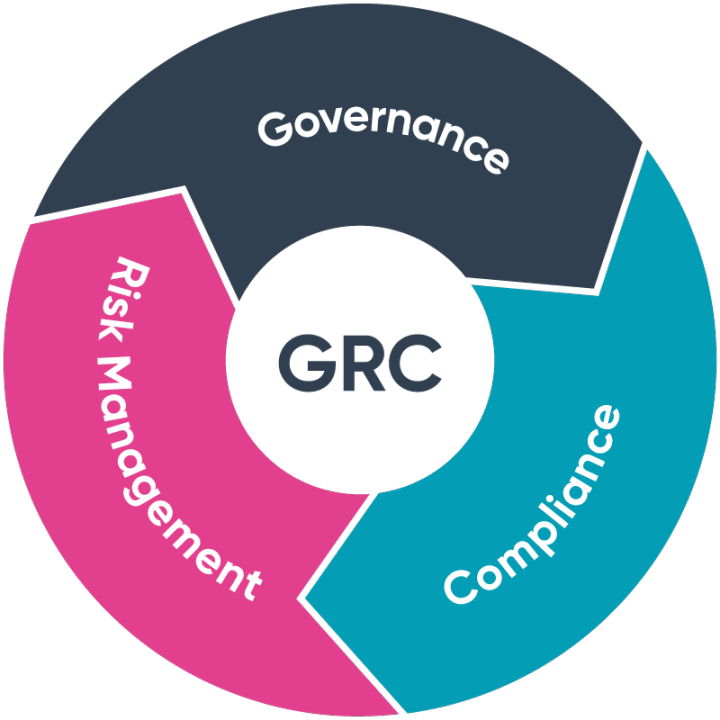
Simplify Your Operational Resilience Programs
The foundation of any successful business is its ability to remain robust and resilient, no matter the challenges it encounters. Operational resilience is the backbone that ensures this ability, encompassing everything from IT systems to critical business functions. The goal is clear: no matter the disruption, businesses must continue to operate and serve their customers. However, setting up and maintaining an operational resilience program can seem overwhelming. How do you simplify the process without sacrificing effectiveness?
- Understand What Operational Resilience Truly Means
Operational resilience is not just about bouncing back after a crisis. It’s about anticipating, preparing for, and navigating disruptions so that critical operations remain unaffected. This means understanding the full scope of your business, from supply chains to customer interfaces, and planning for potential vulnerabilities.
- Prioritize Critical Business Services
Every business function doesn’t have the same value. While all functions are essential in their right, some are more critical than others. These are the areas where an interruption can result in significant business loss or damage to reputation. Identify and prioritize these areas, then focus your resilience planning on them.
- Regularly Test and Update
Operational resilience is not a set-it-and-forget-it initiative. Threats evolve, and business needs change. Regular testing, ideally through simulations or “war gaming,” can help you understand where your vulnerabilities lie. Moreover, it can provide you with valuable insights into how well your current systems and procedures hold up under pressure.
- Empower Your People
Employees are your front-line defense. Training them not just in their regular duties, but also in the principles of resilience, can turn them into assets during times of disruption. Make sure they understand their roles, the importance of operational resilience, and the part they play in ensuring it.
- Simplify Communication
Clear and effective communication is vital. If your resilience plans are so intricate that they’re challenging to communicate, then they’re probably too complicated. Have a clear line of communication for reporting issues and distributing instructions during a crisis. Whether it’s through dedicated software, regular meetings, or an internal communications platform, simplicity is the key.
- Harness Technology
There are numerous tools available today, from AI-driven analytics to cloud-based backup solutions, that can automate parts of your resilience program. Using technology can streamline many resilience processes, making them more effective and less resource-intensive.
- Involve Stakeholders
It’s not just your internal team that matters. Your suppliers, partners, and even customers can provide valuable feedback on your resilience planning. Keeping open lines of communication with these stakeholders can give you a broader view of potential vulnerabilities and solutions.
- Embrace Flexibility
While having a well-documented plan is crucial, being rigidly adherent can sometimes do more harm than good. The business environment is fluid, and disruptions can come in forms you hadn’t anticipated. A flexible approach, one that allows for quick pivoting when needed, can be more effective than the most detailed of plans.
- Regularly Review and Refine
Operational resilience should be an ongoing process. Regularly review your strategies and processes, taking into account any changes in the business environment, new technological solutions, or feedback from stakeholders.
- Educate and Cultivate a Resilience Culture
Last but not least, resilience should be part of your company culture. From the highest levels of leadership down to the newest recruit, everyone should understand its importance. Hosting regular training sessions, workshops, and discussions around this topic can help foster a culture that values and prioritizes resilience.
In Conclusion
Operational resilience is not just a buzzword—it’s a critical aspect of modern business operations. Yet, it doesn’t have to be a complex and overwhelming task. By understanding its core principles, prioritizing, using technology, and fostering a culture of resilience, you can simplify your operational resilience program without compromising its effectiveness. In the end, a streamlined and robust resilience strategy will not only protect your business but also give it a competitive advantage in today’s ever-changing business landscape.
Contact Cyber Defense Advisors to learn more about our Operational Resilience Program solutions.




